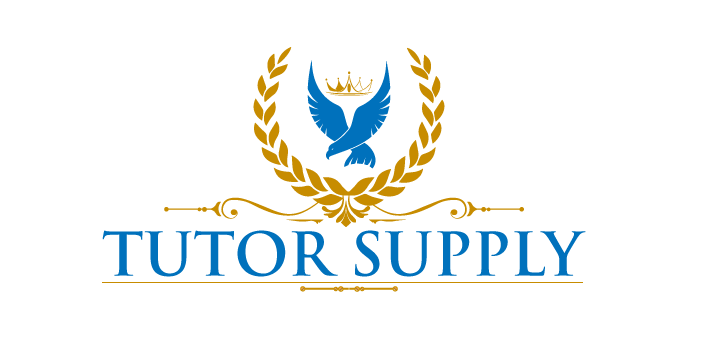Educational sceptics of a Covid-19 home schooling era
Private tutoring has long been provided as an extra-curricular support mechanism for families concerned that schools are not challenging enough, not providing enough learning to meet national examination criteria or those who entertain the idea of an elitist private education.
Tutoring has thus been provided on a part-time basis after school, during morning hours to those who have opted for alternative provision or under the current wave of national educational support, inclusively or as part of after school hours.
Recent Covid-19 restrictions have reinforced home school learning further with a rise in the number of tutors offering online tuition amidst school remote learning. Although staggering numbers of professional teachers are eager to offer their services in exchange of additional income, numbers of unregulated tutor practices are equally concerning, especially since stakeholder value holds a diverse financial position regionally. Elite classes are fashionably employing super tutors to the dismay of low income families, who, in turn, having lost faith in the competence of schools, are easily led by unregulated tutor marketing industries selling valuable education practices to the price of supermarket value brands.
It is, thus, important to note that parents need to consider that home schooling or private tuition is additional learning that provides a step to validating valuable learning skills taught outside classroom hours by qualified tutors. Employment of unsolicited tutors with no valid passing rate passports should be guarded against low income and vulnerable families. Therefore, ten things all parents need to consider when employing a tutor are as follow:
1. A tutor needs to be a qualified teacher who has had valuable teaching experience in the curricula
2. A tutor needs to have outstanding subject knowledge of the specialist subject marketed
3. A tutor should have a clear enhanced DBS and previous employment references. Parents need to carefully check a tutor’s qualifications therefore a tutor should be positively willing to share such details with the parent
4. A tutor should be the acting mediator on a triangulated approach between the school and parent so to ensure consistency and monitor progress through communication
5. Tutors need to demonstrate ethical and professional demeanour both in and out of tutoring practice
6. A tutor needs to have a clear demonstrative portfolio of successful practices and PDP
7. A tutor needs to demonstrate a friendly, compassionate manner both in his tuition approach and in his interpersonal skills
8. Tuition rates need to be consistently sensible
9. Tutors should demonstrate monitoring and recording skills for progress checks
10. Tutors need to demonstrate the skill of identification of not only learning difficulties but also specialist support
In addition, tuition should not be seen as a temporary fix measure on pending exams but as a long-term process of expanding and developing valuable skills learnt in and out of the classroom. The trend of employing tutors to improve target grades only to stop external support on each government announcement that schools are closed and exams are cancelled see a remarkable consistency of gaps remaining open. Parents, having won a long standing seat in the ping pong game of politics in education, have lost faith in the true value of education, hence, the remedial need to cure a temporary cough.

Leave a Reply